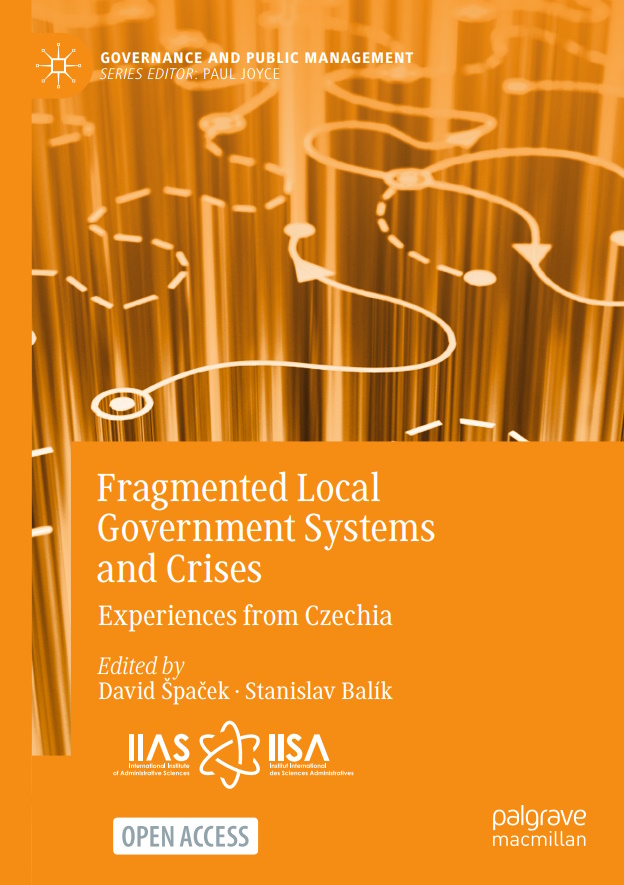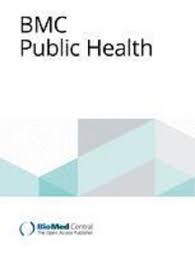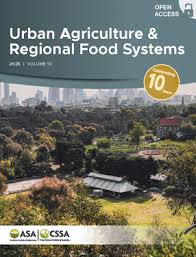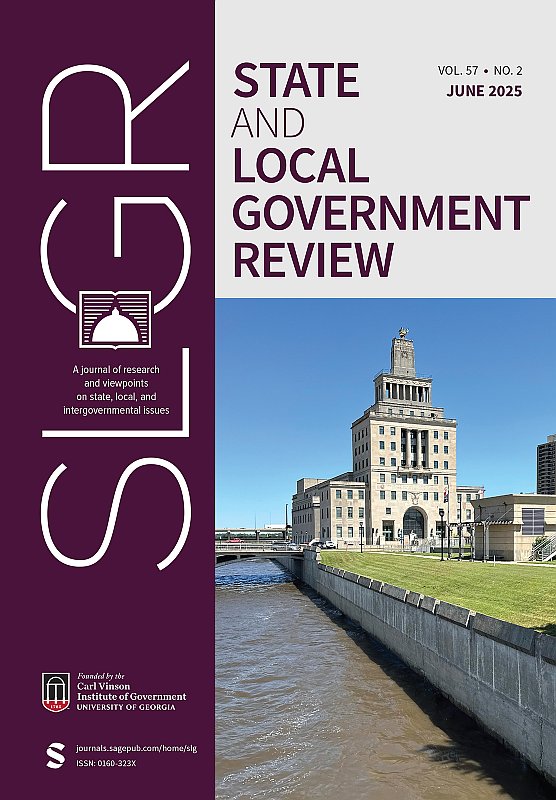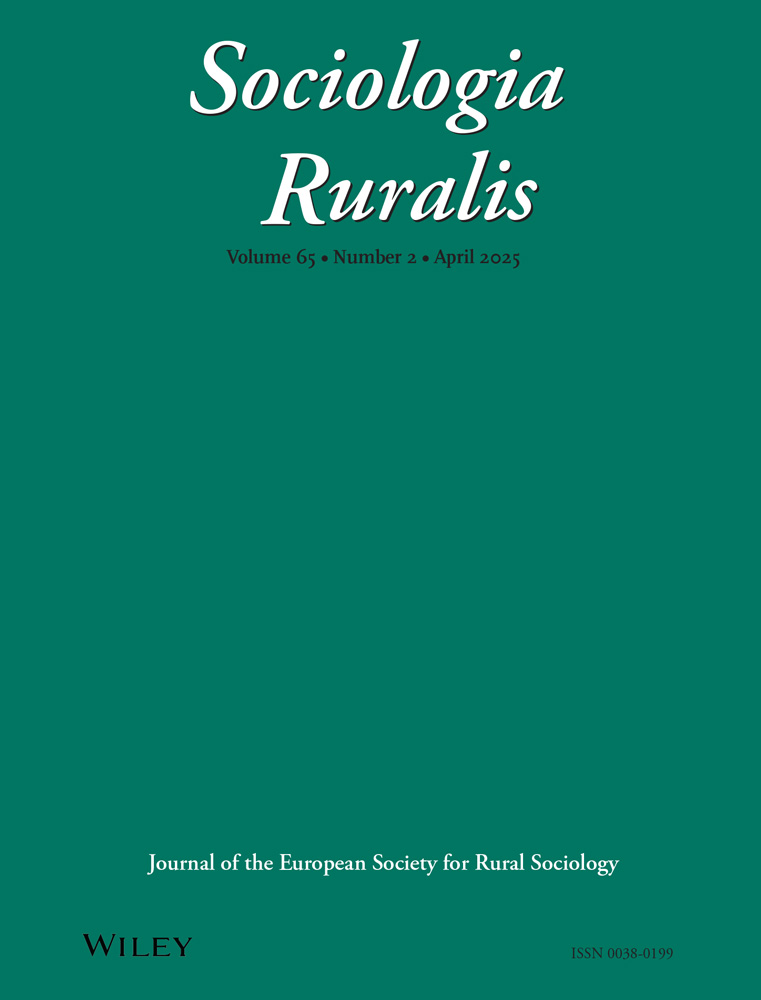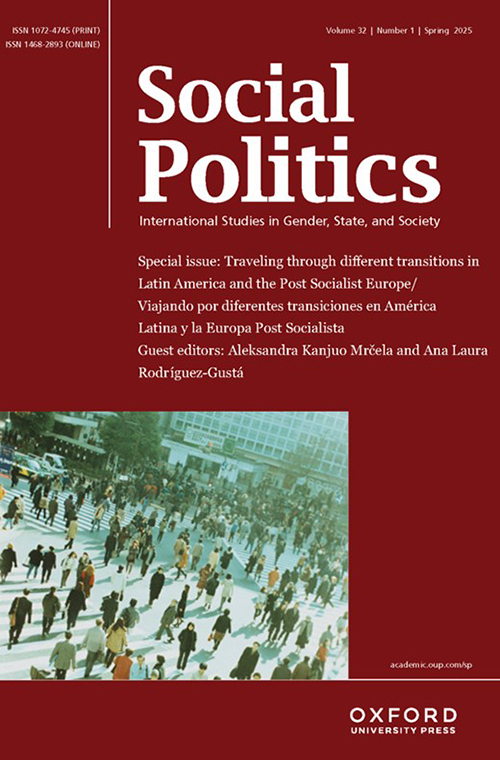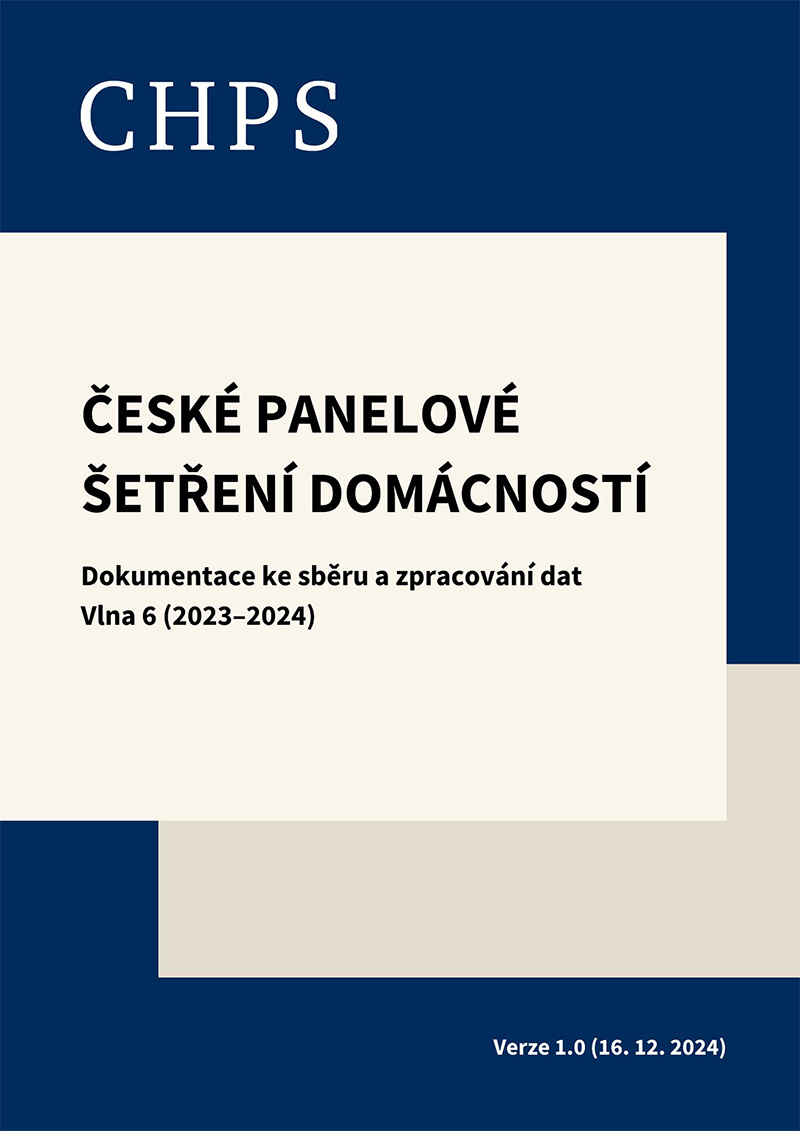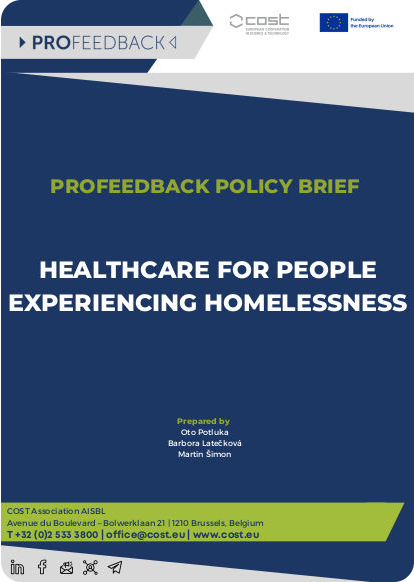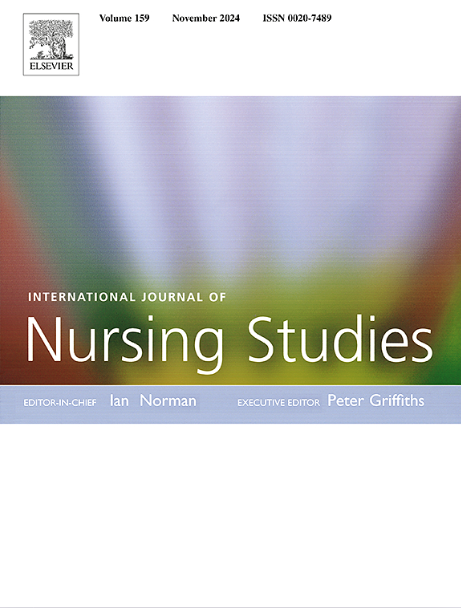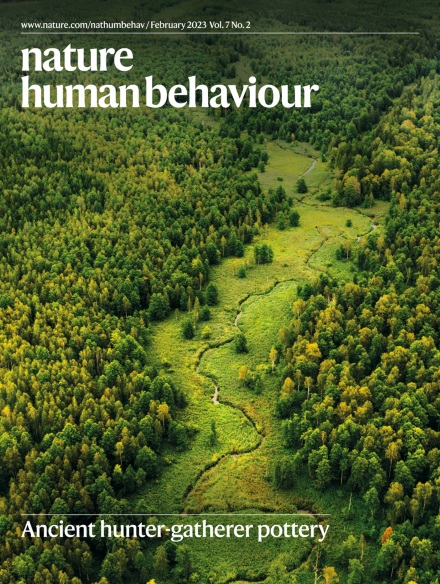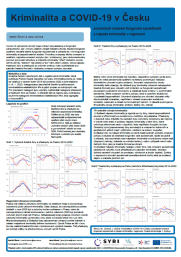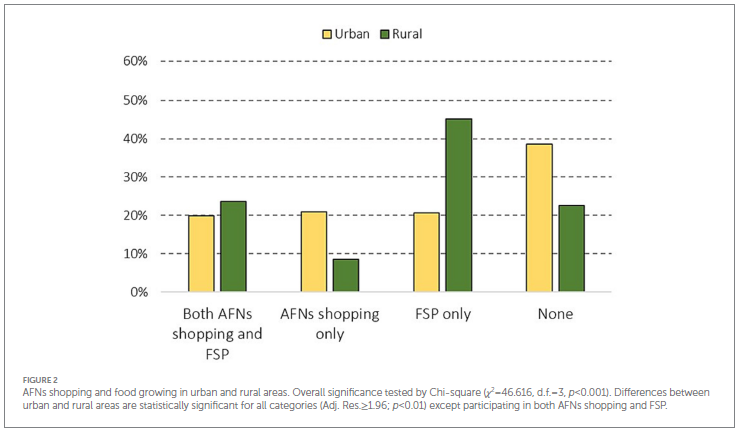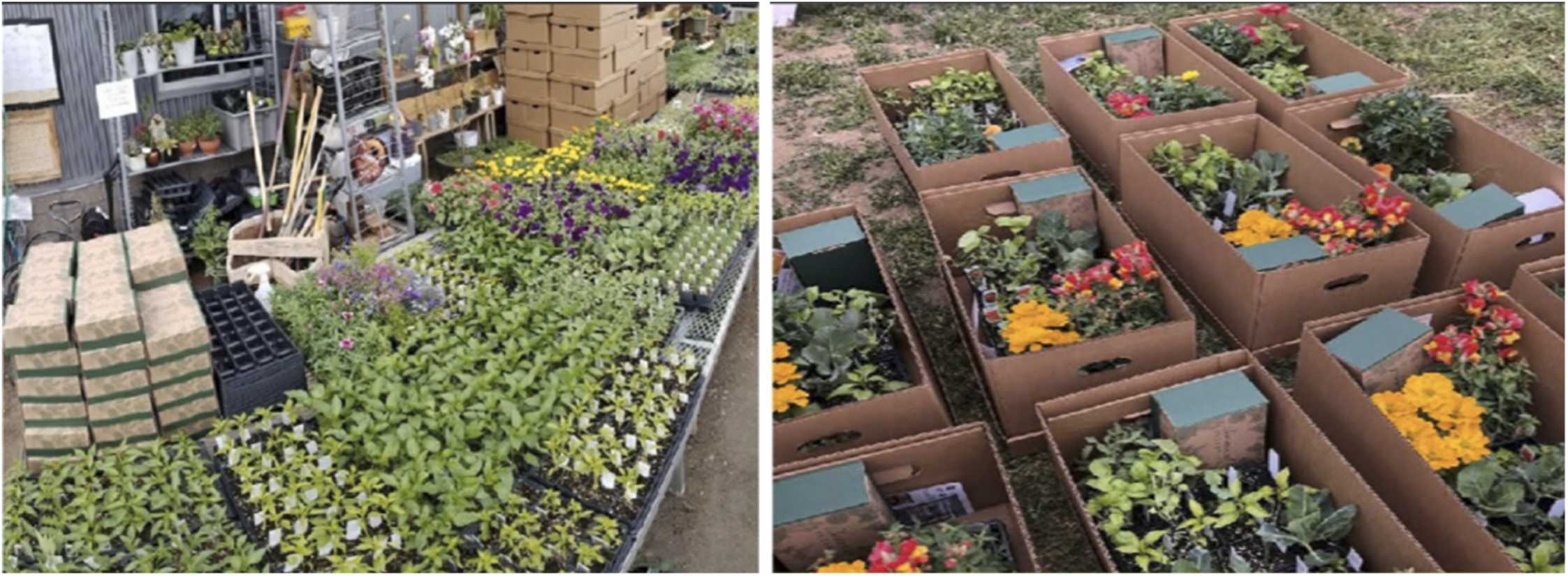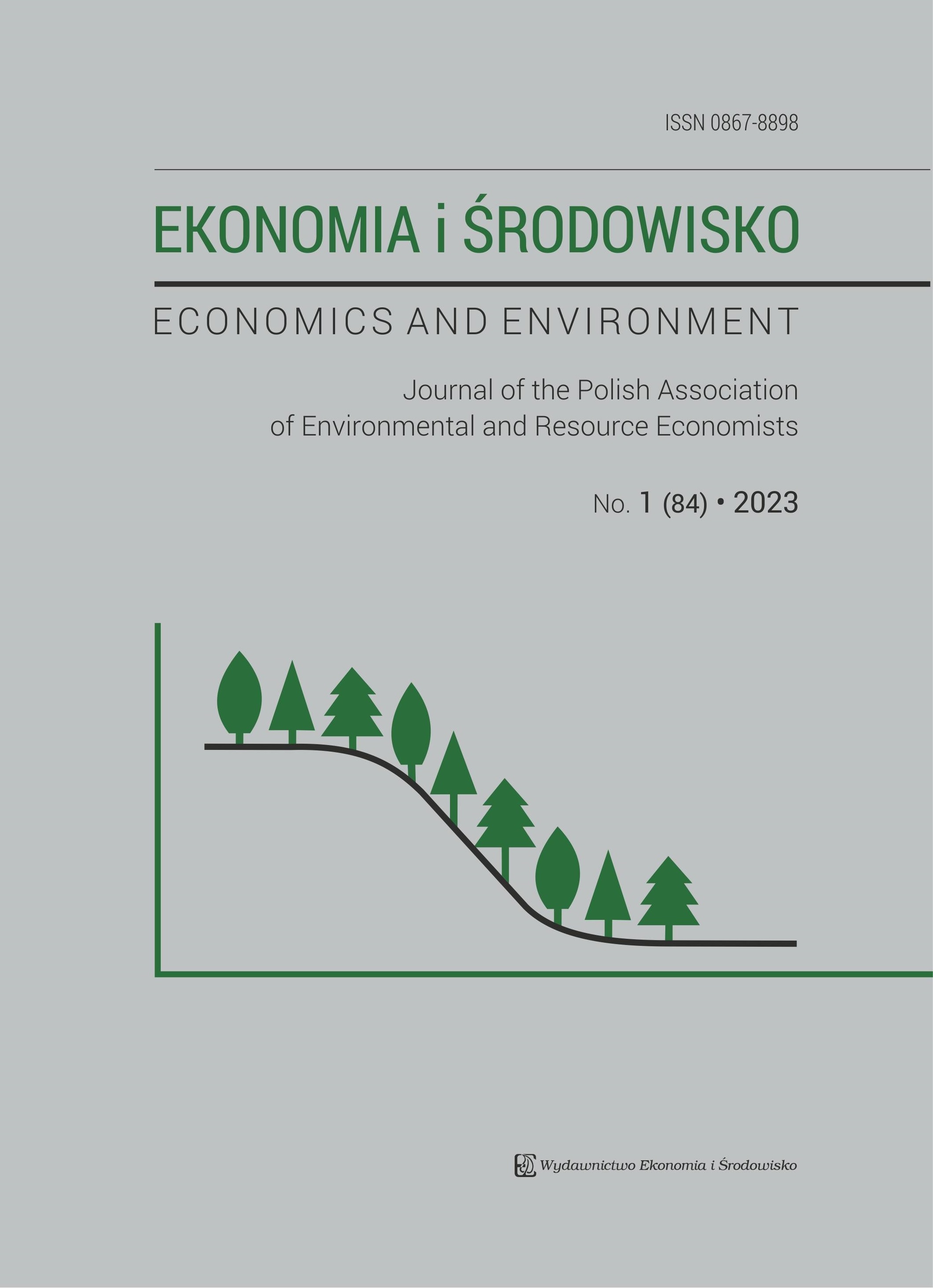Project The National Institute for Research on the Socioeconomic Impact of Diseases and Systemic Risks (SYRI) was supported by the program EXCELES.
No: LX22NPO5101
The project focuses on social science and related disciplines specifically targeting the social and economic impacts of systemic health risks, including similar risks of pandemics of the COVID-19 type, i.e. collectively focused on the issue of:
1. the functioning of public administration, communication of public administration with the public and the behaviour of society in situations of health risk,
2. the effectiveness of health care, lifestyle and other socio-economic determinants of health risks and
3. economic recovery from health or security crises in terms of economic policy, labour market and unemployment, human capital and education, or addressing the increase in poverty.
More information can be found here: link
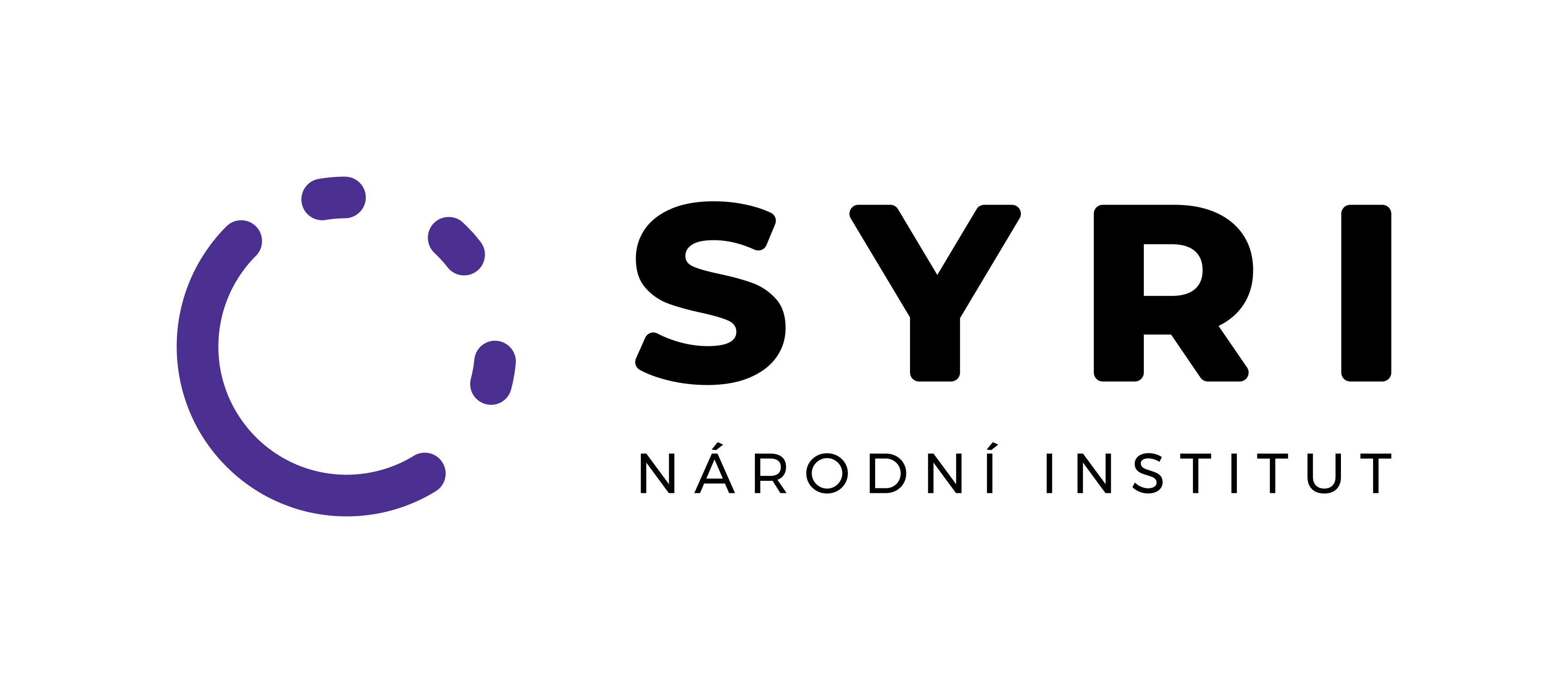
Principal Investigator:
- doc. PhDr. Petra Guasti, Ph.D., Dr. Habil.
Contracting authority:
Ministry Project
Related Publications
Small Municipalities and Ukrainian Migrant Crisis
2026, Renáta Mikešová, Daniel Čermák, David Špaček
Navigating the Pandemic: Coordination and Communication in Small Czech Municipalities
2026, Daniel Čermák, Renáta Mikešová, David Špaček
Do green fingers munch on more fruit and veggies? Health effects of home gardening
2025, Jan Vávra, Maika Ohno, Petr Jehlička
How Small Municipalities Contribute to Robust Crisis Governance—Experiences From Two Recent Large-scale Crises in Czechia
2025, Čermák, D., R. Mikešová, D. Špaček
Strong Gender Contract, Weak Institutions: Gender Pay Gap in Slovenia and Czechia
2025, Křížková, A., A. Kanjuo-Mrčela, A. Poje, A. M. Penner
The Czech Household Panel Survey. Data Manual. Wave 6 (2023–2024)
2024, Röschová, M., J. Klusáček, A. Sukhotskaya
Healthcare for People Experiencing Homelessness
2024, Potluka, O., Latečková, B., Šimon, M.
Health and healthcare use of homeless population: Evaluation study of joint social work and healthcare provision
2025, Šimon, M., Latečková, B., Potluka, O.
Evropská unie v učebnicích občanského vzdělávání: limity, inovace a výzvy
2023, Prokschová, Daniela
Gendered impact of caregiving on older nonmedical healthcare workers
2024, Pospíšilová, Marie, Křížková, Alena
Within-job gender pay inequality in 15 countries
2023, Penner, A. Petersen, T. Hermansen, A. S. Rainey, A. Boza, I. Elvira, M. Godechot, O. Hällsten, M. Henriksen, L. Hou, F. Kanjuo Mrčela, A. King, J. Kodama, N. Kristal, T. Křížková, A. Lippényi, Z. Melzer, S. M. Mun, E. Apascaritei, P. Avent-Holt, D. Bandelj, N. Hajdu, G. Jung, J. Poje, A. Sabanci, H. Safi, M. Soener, M. Tomaskovic-Devey, D. Tufail, Z.
Kriminalita a COVID-19 v Česku: souvislosti omezení fungování společnosti a nápadu kriminality v regionech
2023, Šimon, Martin, Jíchová, Jana
An insight into market and non-market alternative food networks in Czechia during Covid-19 and beyond
2024, Smutná, Zdeňka, Vávra, Jan, Duží, Barbora
Pandemic gardening: A narrative review, vignettes and implications for future research
2023, Kingsley, Jonathan, Donati, Kelly, Litt, Jill, Shimpo, Naomi, Blythe, Chris, Vávra, Jan, Caputo, Silvio, Milbourne, Paul, Diekmann, Lucy O., Rose, Nick, Fox-Kämper, Runrid, van den Berg, Agnes, Metson, Geneviève S., Ossola, Alessandro, Feng, Xiaoqi, Astell-Burt, Thomas, Baker, Amy, Lin, Brenda B., Egerer, Monika, Marsh, Pauline, Pettitt, Philip, Scott, Theresa L., Alaimo, Katherine, Neale, Kate, Glover, Troy, Byrne, Jason
Energy literacy in Czechia and its influence on citizens’ perception of energy consumption behaviour
2023, Buchtele, Roman, Cudlínová, Eva, Lapka, Miloslav, Sagapova, Nikola, Krásnická, Martina, Vávra, Jan, Dvořáková Líšková, Zuzana
